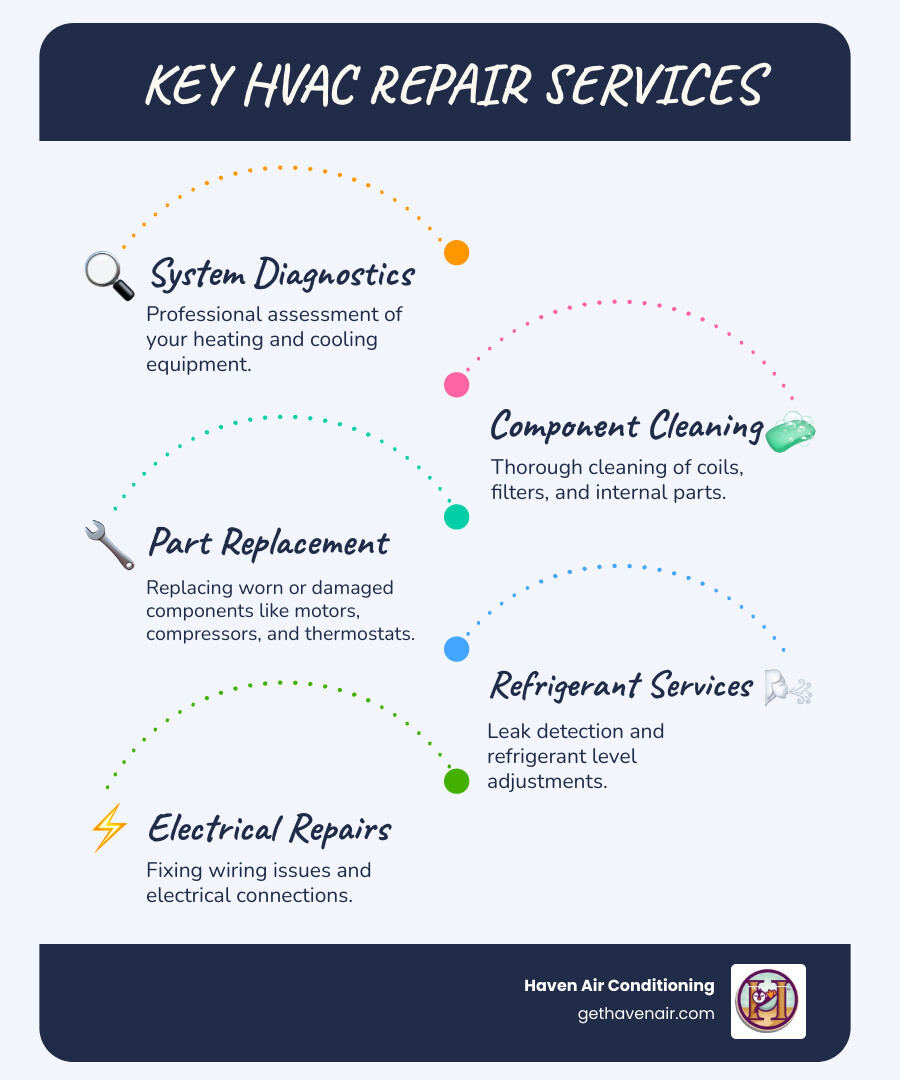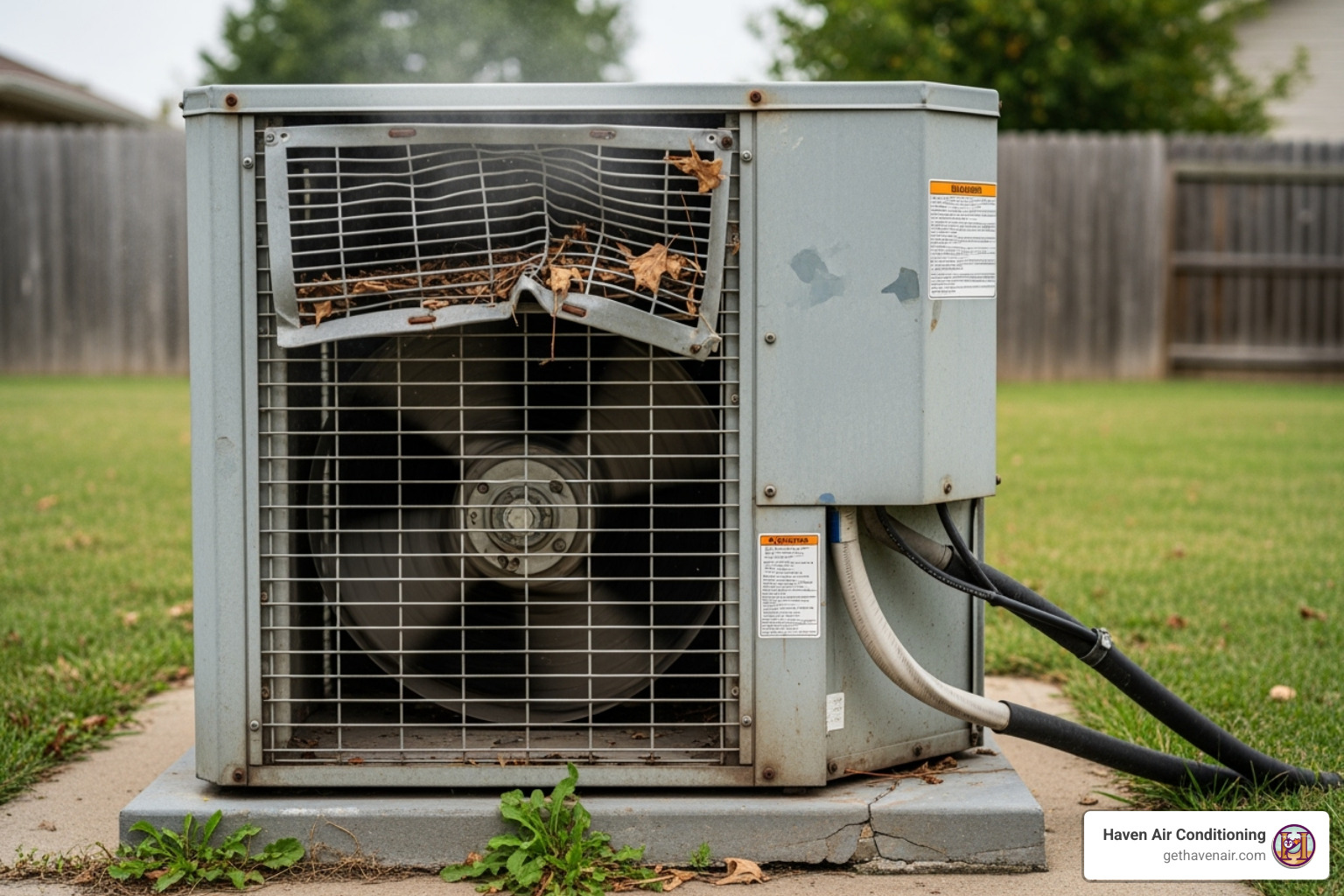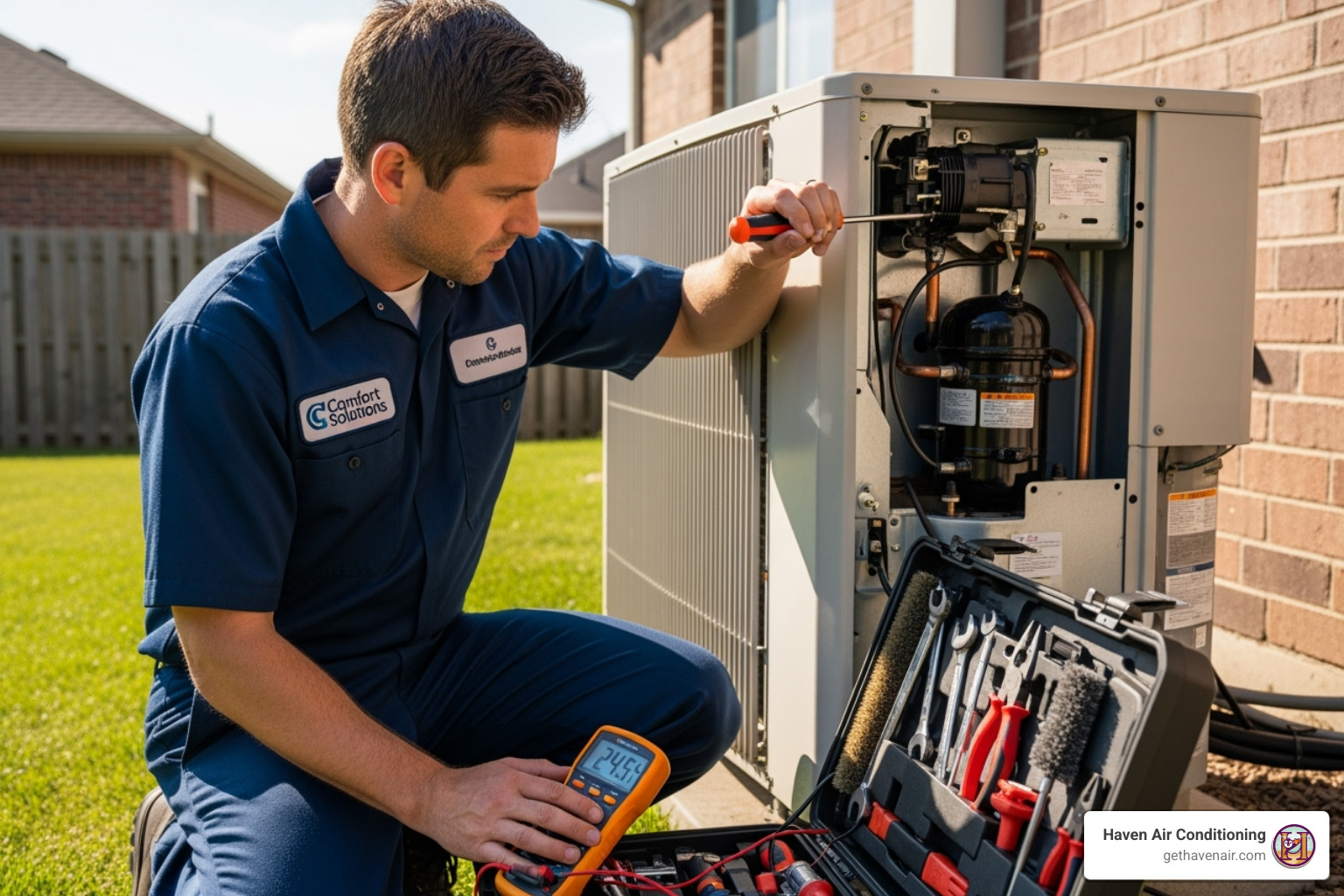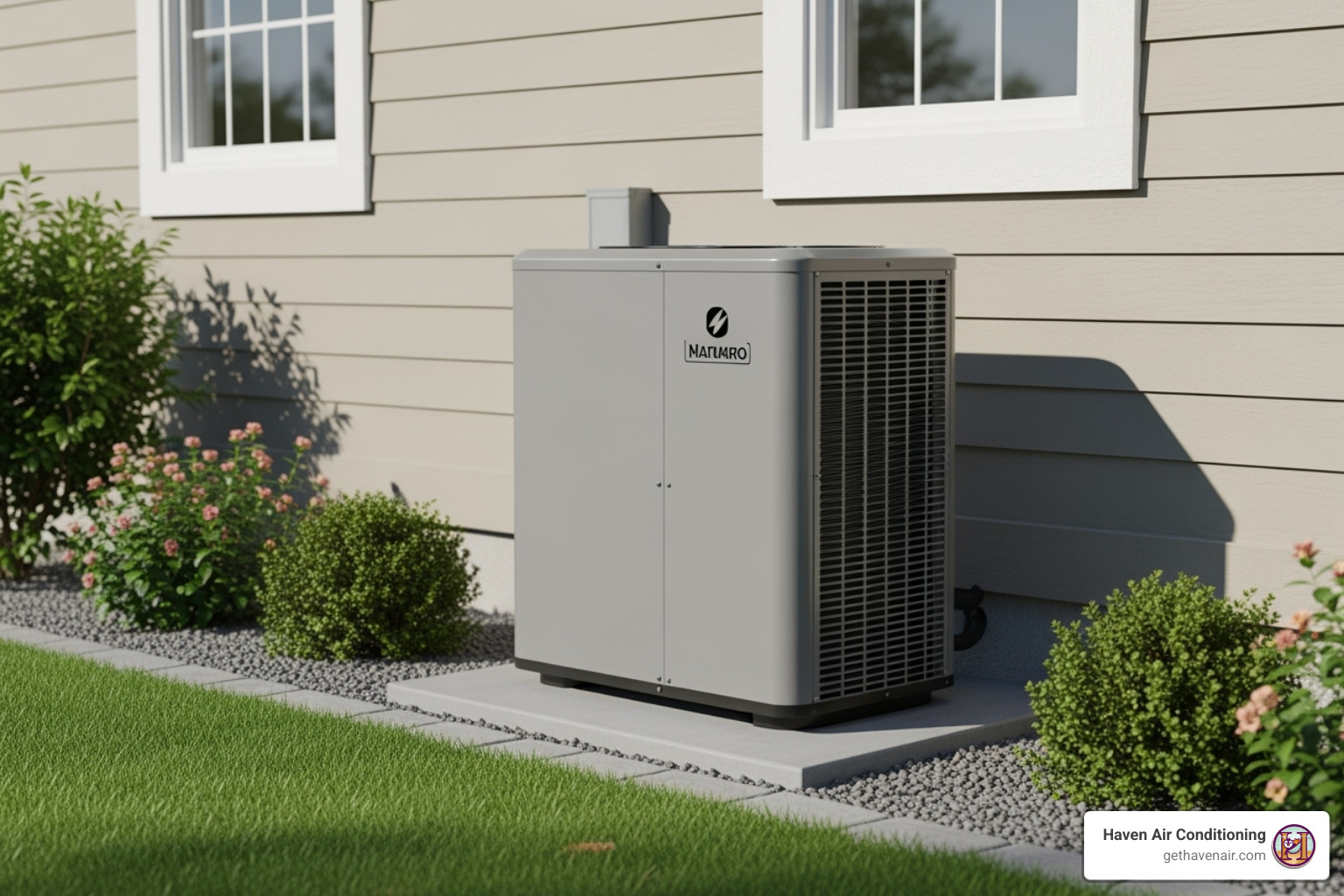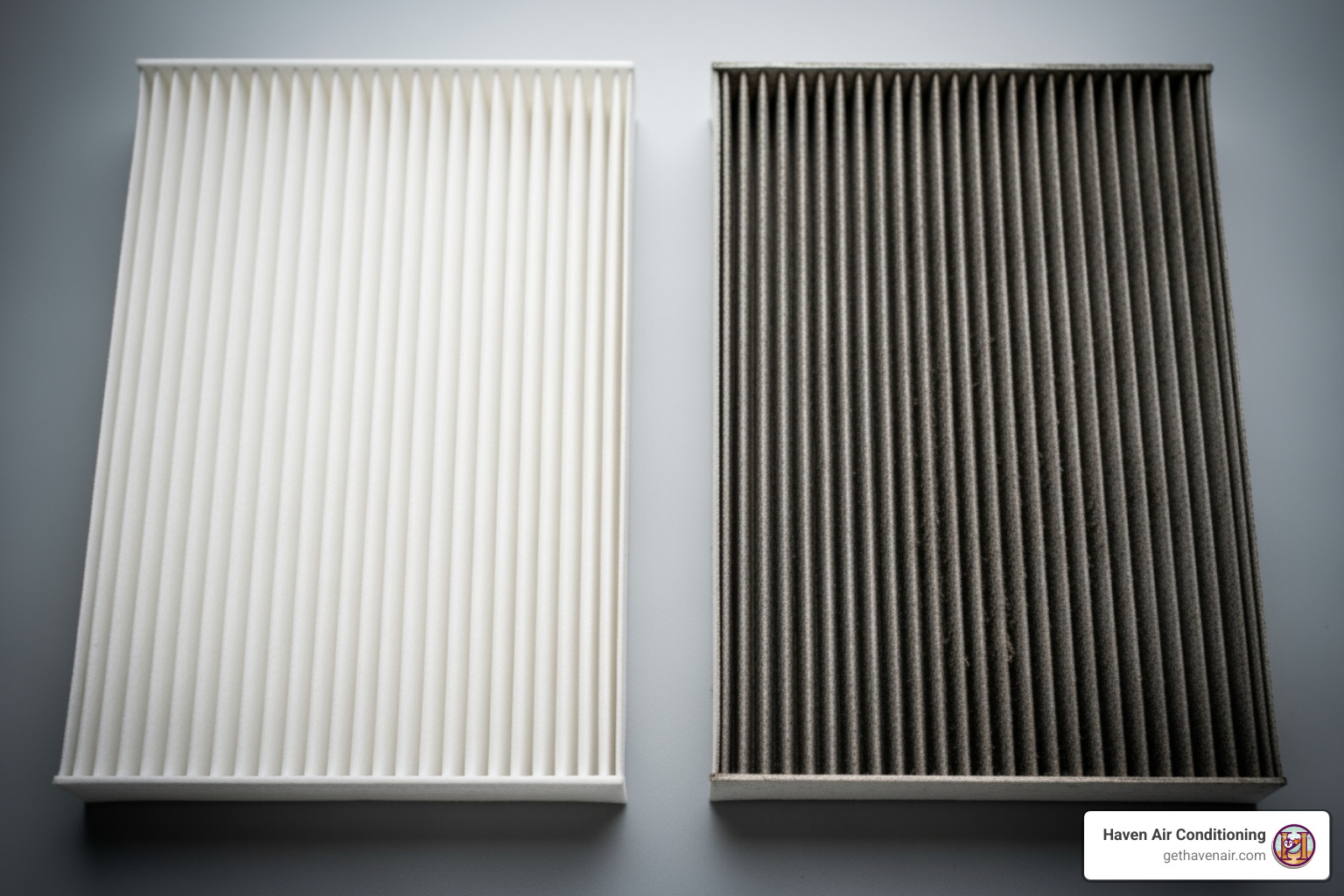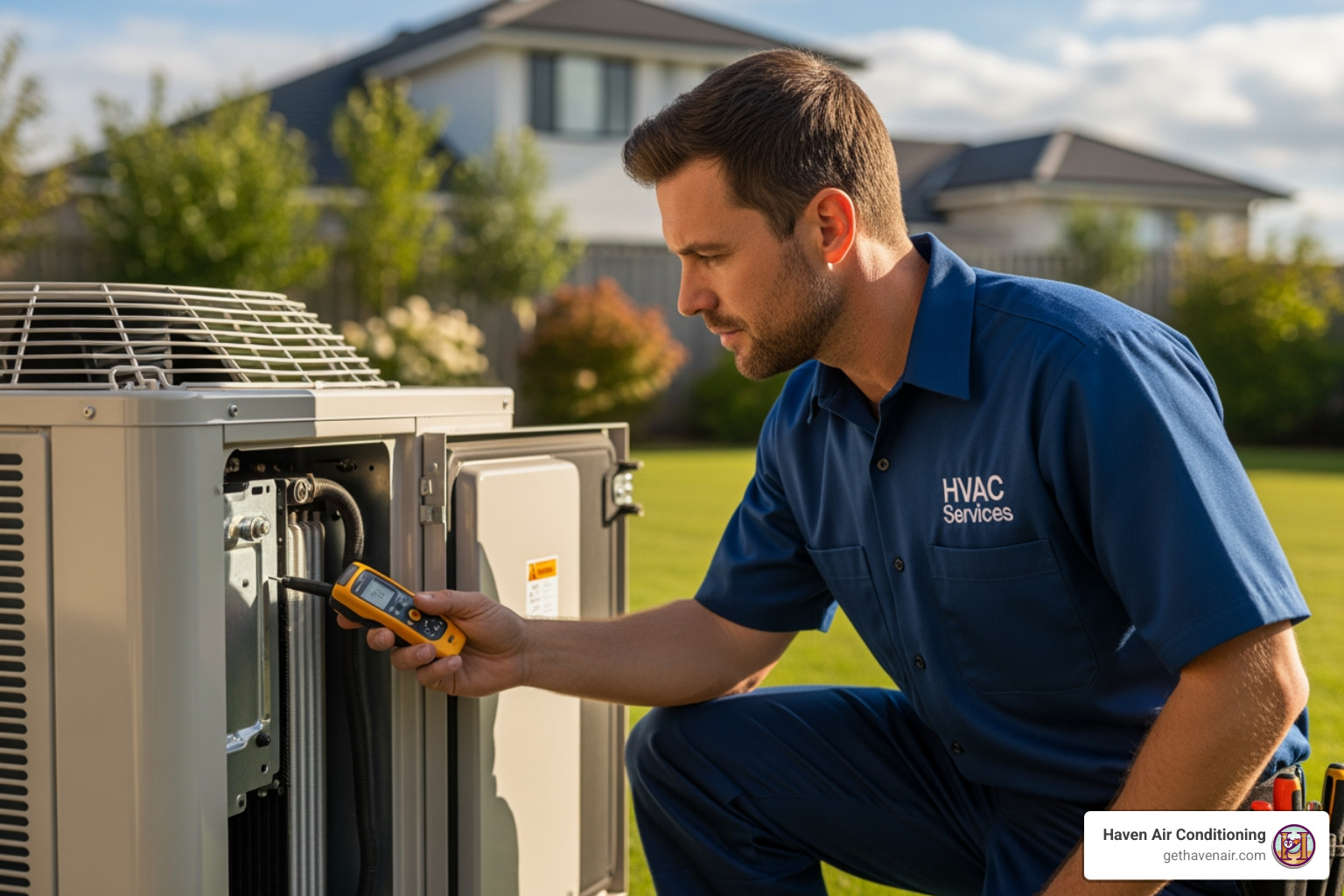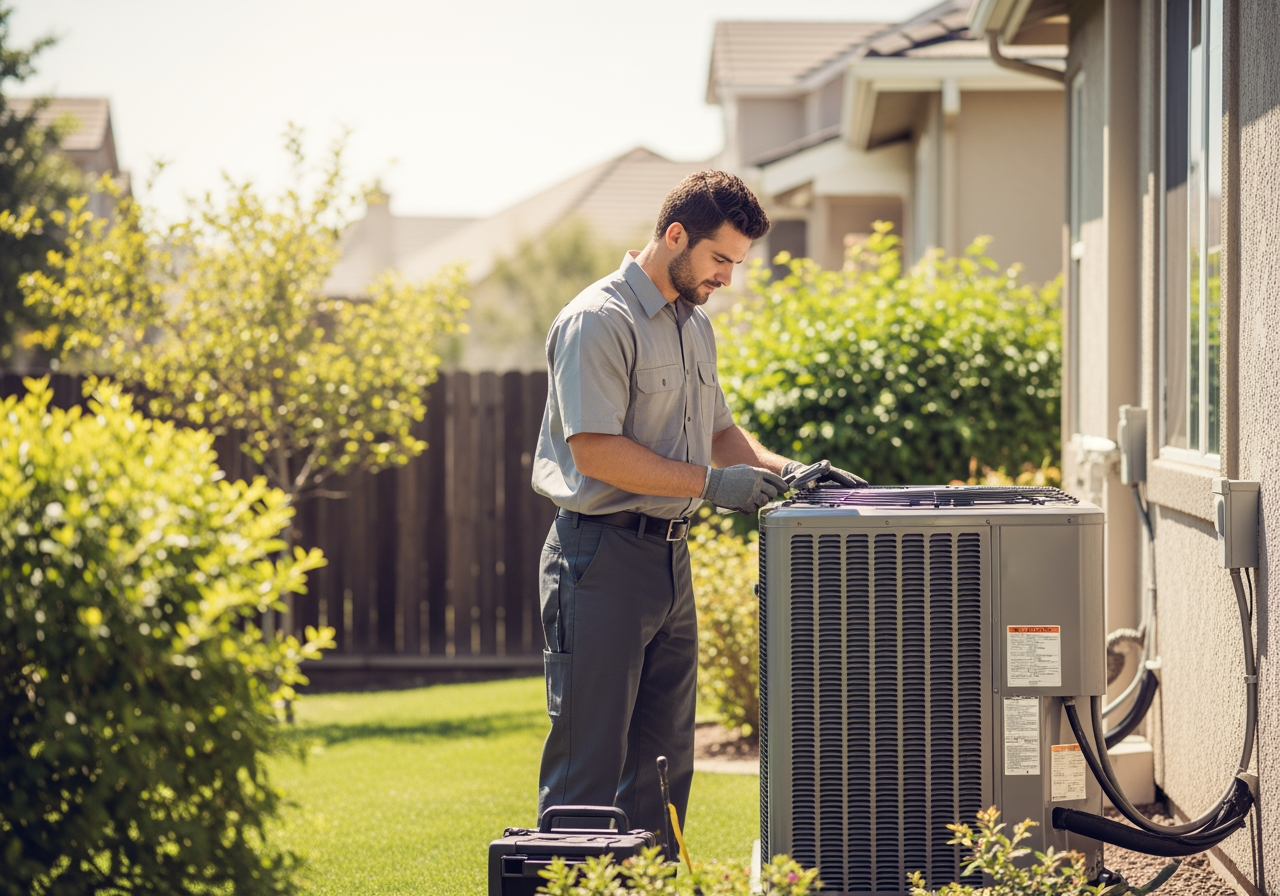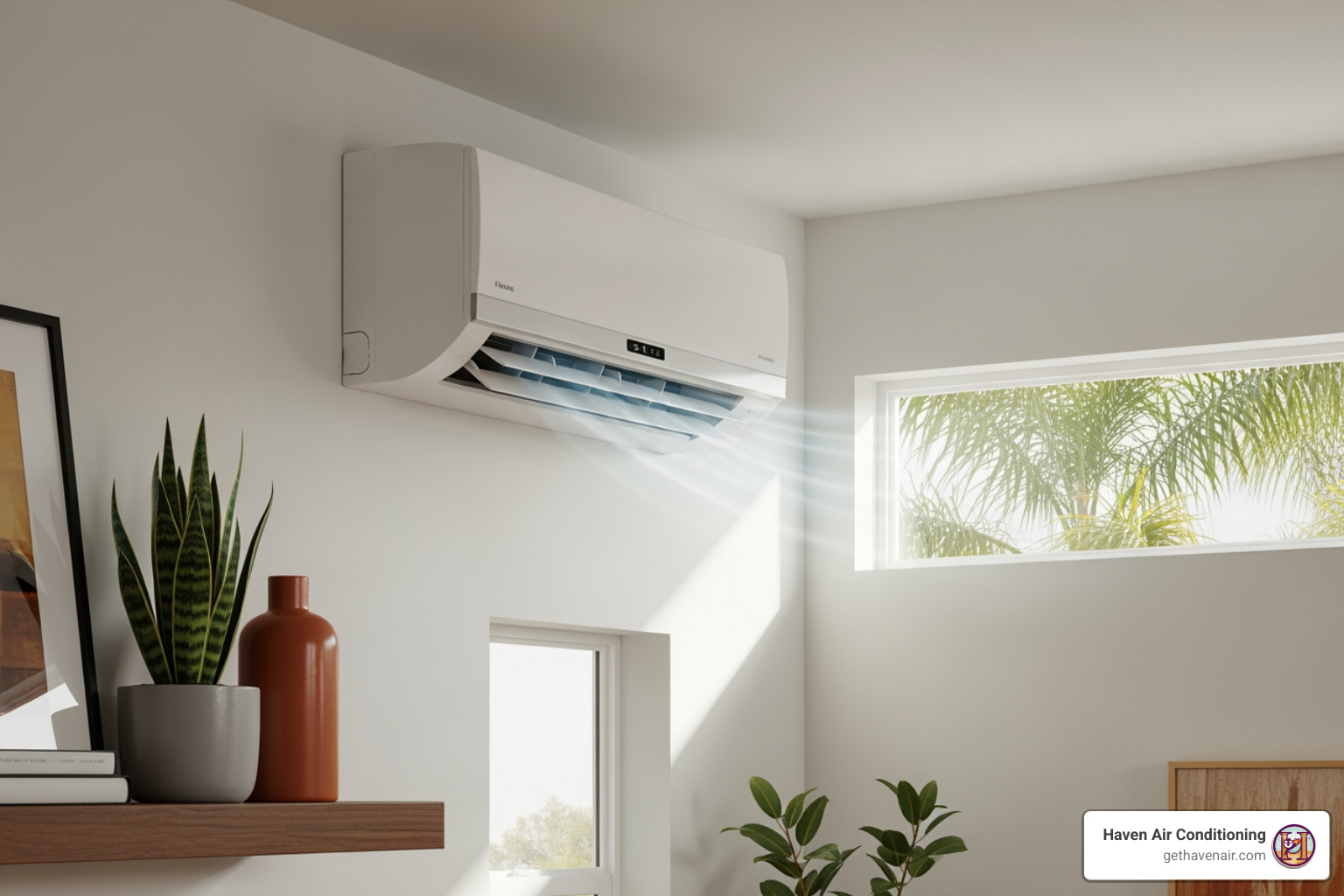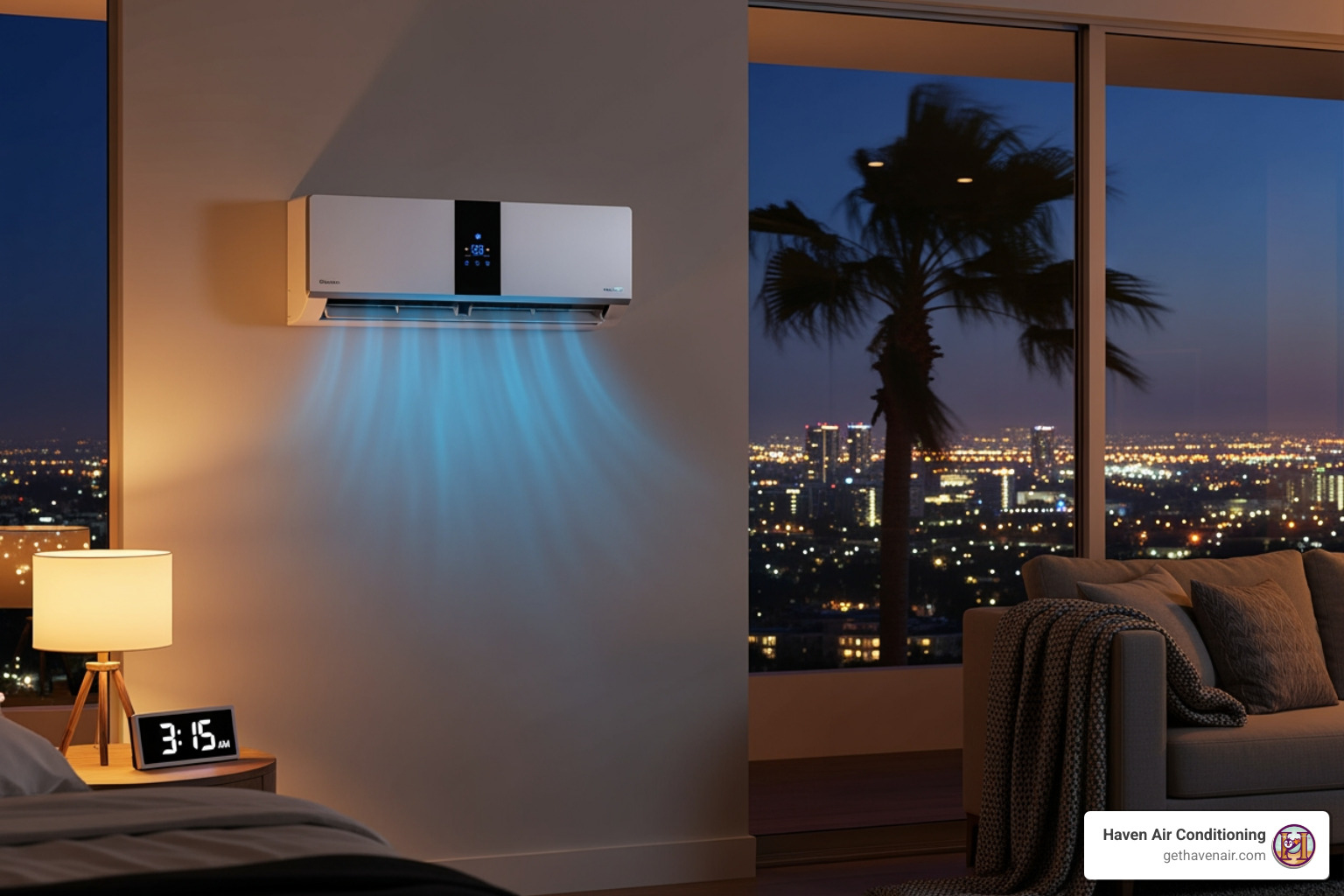Why Your HVAC System Deserves Professional Attention
Heating and air conditioner repair is essential for maintaining home comfort and system efficiency. When breakdowns happen, you need quick, reliable solutions to restore your indoor climate.
Key HVAC Repair Services Include:
- System diagnostics – Professional assessment of your heating and cooling equipment
- Component cleaning – Thorough cleaning of coils, filters, and internal parts
- Part replacement – Replacing worn or damaged components like motors, compressors, and thermostats
- Refrigerant services – Leak detection and refrigerant level adjustments
- Electrical repairs – Fixing wiring issues and electrical connections
- Emergency repairs – 24/7 service for urgent heating and cooling failures
Your HVAC system works hard to keep your Orange County home comfortable. Like any machine, it requires expert care when problems arise.
While regular maintenance can prevent up to 85% of breakdowns, choosing the right service provider for repairs is crucial for a lasting solution. Repairs can range from simple fixes under $400 to complex issues over $1,000. Understanding your options helps you make smart decisions for your home and budget.
Is Your HVAC System Crying for Help? Common Warning Signs
Your HVAC system will often show signs of trouble before a complete breakdown. Learning to recognize these warnings can save you from expensive emergency repairs.
- Unusual noises like banging, squealing, or grinding are clear cries for help. A squeal might indicate a worn fan belt, while grinding often points to failing motor bearings.
- Strange odors signal internal problems. A burning smell could mean an overheating electrical component, while musty odors often point to mold in the ducts or on the evaporator coil. A rotten egg smell indicates a gas leak and is an immediate emergency.
- Weak airflow from your vents suggests your system is struggling. This could be due to a clogged filter, a failing blower motor, or ductwork issues.
- Inconsistent temperatures between rooms mean your system isn’t distributing air properly. This can be caused by refrigerant leaks, thermostat problems, or duct blockages.
- Higher utility bills without a change in usage indicate your system is losing efficiency and working harder than it should. Regular maintenance can improve efficiency by up to 15%.
- System short cycling, where the unit turns on and off in short, frequent bursts, puts excessive wear on components. It can be caused by a faulty thermostat, a refrigerant leak, or an improperly sized system.
Catching these signs early usually leads to simpler, less expensive repairs.
DIY Troubleshooting Before Calling for heating and air conditioner repair
Before calling a professional, a few simple checks might solve the problem:
- Check thermostat settings. Ensure it’s set to “heat” or “cool” and that the temperature setting requires the system to run.
- Replace thermostat batteries. Low batteries can cause erratic behavior or prevent the system from turning on.
- Inspect the air filter. A dirty filter restricts airflow and is a common cause of HVAC issues. Check it monthly and replace it every 1-3 months.
- Check circuit breakers. Your furnace and AC have dedicated breakers. If one has tripped, you can try resetting it once. If it trips again, call a professional.
- Clear the outdoor unit. Remove leaves, grass, and other debris from around your outdoor AC or heat pump unit to ensure proper airflow.
If these steps don’t work, it’s time to call for professional help.
Critical Safety Alerts: Gas Leaks and Carbon Monoxide
Some HVAC issues are emergencies that risk your family’s safety.
Gas Leaks
A rotten egg smell indicates a potential natural gas leak. Other signs include hissing sounds near gas lines or a yellow pilot light (it should be blue).
- If you suspect a gas leak: Evacuate everyone immediately.
- Do not use phones, light switches, or any electronics.
- From a safe distance, call 911 or your gas company’s emergency line.
- Do not re-enter until cleared by emergency responders.
Carbon Monoxide (CO)
This odorless, colorless gas is produced by incomplete combustion in fuel-burning appliances like furnaces. Early symptoms of CO poisoning mimic the flu: headaches, dizziness, and nausea.
- Warning signs include a yellow pilot light, soot stains around the furnace, or multiple people feeling ill indoors but better outside.
- If you suspect CO poisoning: Get to fresh air immediately and call 911.
- Protect your family by installing CO detectors on every level of your home and scheduling annual furnace maintenance to ensure safe operation.
Professional heating and air conditioner repair and maintenance are essential for protecting your family from these dangers.
Decoding the Technician’s Toolkit: Key Heating and Air Conditioner Repair Services
When you call for heating and air conditioner repair, our skilled technicians use a systematic approach to diagnose and resolve the issue, restoring your home’s comfort.
- System Diagnostics: The first step is a thorough investigation. Technicians use advanced tools to check electrical connections, refrigerant levels, motor function, and airflow to pinpoint the root cause of the problem.
- Component Cleaning: Dirt and grime on coils, fans, and other parts force your system to work harder. A comprehensive cleaning restores efficiency and proper airflow.
- Refrigerant Leak Detection: If your AC isn’t cooling, it may have a refrigerant leak. Technicians locate and repair leaks safely, then recharge the system to the correct level.
- Electrical Repairs: HVAC systems have complex wiring. Our certified technicians can safely diagnose and fix issues with capacitors, contactors, relays, and other electrical components.
- Part Replacement: Mechanical parts wear out over time. We use high-quality replacement parts for components like blower motors, compressors, and igniters to ensure long-lasting performance.
- Thermostat Calibration: An inaccurate thermostat can cause a host of problems. We can calibrate your existing thermostat or recommend an efficient new model if needed.
Our goal is not just to fix today’s problem but to ensure your system runs reliably for years.
What to Expect During a Professional heating and air conditioner repair Visit
We believe in a transparent and respectful service process from start to finish.
- Initial Inspection: Our technician will arrive on time, listen to your concerns, and perform an initial inspection of your system.
- Thorough Diagnosis: Using specialized equipment, the technician will conduct a comprehensive diagnosis to identify the exact cause of the issue.
- Clear Explanation & Upfront Pricing: We explain the problem in simple terms and provide a clear, upfront price for the repair. You approve the cost before any work begins.
- Efficient Repair: With your approval, our technician will perform the repair efficiently, using quality parts and adhering to the highest standards.
- System Testing: After the repair, we test the entire system to ensure it is running smoothly and efficiently.
- Cleanup: We respect your home and will leave our workspace as clean as we found it.
The Value of a Certified Professional
Choosing a certified professional for your heating and air conditioner repair ensures safety, quality, and peace of mind.
- Technical Expertise: Certified technicians have rigorous training and stay current with the latest HVAC technologies, allowing for accurate and efficient problem-solving.
- Safety Protocols: Professionals are trained to handle high-voltage electricity, refrigerants, and natural gas safely, protecting your family and property.
- Proper Tools: Technicians use professional-grade diagnostic tools to pinpoint issues that would otherwise be missed, ensuring the repair is done right the first time.
- Efficiency and Accuracy: An experienced technician can diagnose and resolve issues faster and more accurately, saving you time and preventing repeat service calls.
- Peace of Mind: Knowing your repair is handled by a qualified expert provides confidence. Many of our technicians are NATE-certified, the gold standard for HVAC competency.
At Haven Air Conditioning, we only hire licensed, certified technicians who are committed to excellence and customer satisfaction.
The Big Decision: Repairing vs. Replacing Your HVAC System
When repair costs for your heating and air conditioner mount, you face a common dilemma: repair or replace? Understanding key factors makes this decision easier. The primary considerations are your system’s age, the frequency and cost of repairs, and its energy efficiency.
Most furnaces last 15-20 years, while air conditioners last 10-15 years. As a system ages, major component failures become more likely, and replacement often becomes the more cost-effective option. A good rule of thumb is to consider replacement if a repair costs 50% or more than a new unit.
Older systems are also far less efficient. A new, high-efficiency system can significantly lower your utility bills, and Energy Star recommends replacing air conditioners over ten years old due to advances in technology.
| Factor | Repair Makes Sense | Consider Replacement |
|---|---|---|
| System Age | Under 10-15 years | Furnace 15+ years, AC 10+ years |
| Repair Cost | Minor fixes, under 50% of replacement cost | Major repairs exceeding 50% of new system cost |
| Breakdown Pattern | First major issue in years | Frequent, recurring problems |
| Energy Bills | Stable utility costs | Rising energy costs despite normal usage |
| Comfort Level | Generally satisfied with performance | Uneven temperatures, poor humidity control |
When to Choose Repair
In many cases, professional heating and air conditioner repair is the smartest choice.
- Minor Issues: Problems like a clogged drain line, a faulty thermostat, or a worn-out capacitor are typically inexpensive and worth fixing.
- Younger Systems: If your AC is under 10 years old or your furnace is under 15, a repair is usually a sound investment.
- One-Time Breakdowns: If a reliable system has its first major issue after many years, a quality repair can often restore it to full function for years to come.
- Cost-Effectiveness: When repair costs are significantly less than replacement, fixing what you have makes the most financial sense.
Key Factors for a New HVAC Installation
If replacement is the right path, choosing the right system and installer is crucial for long-term comfort and savings.
- Energy Efficiency: Prioritize high SEER (for AC) and AFUE (for furnaces) ratings. Energy Star certified systems meet strict guidelines that translate into lower utility bills.
- Brand Reputation: Established brands generally offer better quality, reliability, and parts availability.
- Proper System Sizing: This is critical. An oversized system wastes energy, while an undersized one struggles to keep up. We perform a detailed Manual J load calculation to determine the perfect size for your home’s specific needs.
- Warranty Protection: Look for comprehensive parts and labor warranties from both the manufacturer and the installer.
- Professional Installation: Proper installation is key to performance and longevity. Improper installation can reduce efficiency by up to 30% and lead to premature failure.
With an honest assessment of these factors, you can confidently decide between repair and replacement.
The Power of Prevention: How Regular Maintenance Saves You Money
Just like a car needs regular oil changes, your HVAC system requires routine maintenance to perform its best. Many homeowners wait until something breaks to call for heating and air conditioner repair, but a proactive approach saves money and prevents stress.
Regular maintenance pays for itself through several key benefits:
- Improved Energy Efficiency: A clean, well-lubricated system runs more smoothly, using significantly less energy to heat and cool your home.
- Lower Utility Bills: Better efficiency directly translates to lower monthly energy costs. The savings can often cover the cost of the maintenance plan itself.
- Prevention of Major Breakdowns: During a tune-up, technicians can spot and fix minor issues before they become major, expensive failures. Industry data shows regular maintenance can prevent up to 85% of breakdowns.
- Extended System Lifespan: A well-maintained system experiences less wear and tear, helping it reach or exceed its expected lifespan and delaying the need for a costly replacement.
- Better Indoor Air Quality: Clean filters and coils mean cleaner air circulating through your home, which is especially important for those with allergies or respiratory issues.
Our maintenance plans make this easy, providing scheduled tune-ups, priority service, and discounts on repairs. Regular maintenance is one of the smartest investments a homeowner can make.
Know Your System: A Quick Guide to Residential HVAC Types
Understanding your system helps you know what kind of care it needs.
- Furnaces: These systems generate heat by burning fuel (like natural gas) or using electric resistance, then distribute the warm air via ducts. They provide powerful, consistent heating.
- Central Air Conditioners: Often paired with a furnace in a “split system,” an AC uses an indoor and outdoor unit to cool your home. It absorbs heat from inside and releases it outside, sending cool air through your ductwork.
- Heat Pumps: These versatile systems provide both heating and cooling. They move heat rather than creating it, making them very energy-efficient. In summer, they move heat out; in winter, they reverse the process and move heat in.
- Ductless Mini-Splits: These systems connect an outdoor unit to one or more indoor units without needing ductwork. They offer flexible, zoned heating and cooling, making them ideal for additions or homes without existing ducts.
Conclusion
Keeping your Orange County home comfortable year-round means maintaining a healthy HVAC system. This guide has covered the essentials, from spotting warning signs like strange noises and rising utility bills to making smart decisions about repairs and replacements.
Safety issues like gas leaks or carbon monoxide require immediate professional attention. When you do need service, choosing certified professionals for heating and air conditioner repair ensures a safe, effective, and lasting solution.
The key to HVAC longevity and efficiency is prevention. Regular maintenance prevents up to 85% of breakdowns, can improve efficiency by up to 15%, extends your system’s lifespan, and lowers your energy bills. It’s a small investment that pays huge dividends in comfort and peace of mind.
At Haven Air Conditioning, we are passionate about helping Orange County families enjoy comfortable, efficient homes. Whether you need routine maintenance, emergency heating and air conditioner repair, or a new system installation, our certified professionals deliver exceptional service with meticulous attention to detail.
Your HVAC system works hard for you. Don’t wait for a breakdown to give it the care it deserves.


